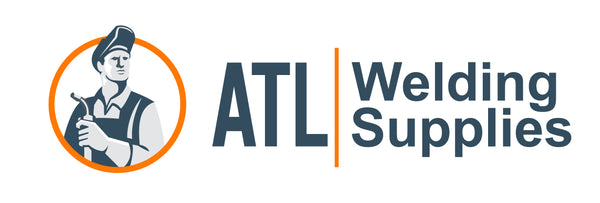
4 Welding Tips to Improve Your DIY Skills
Share
DIY projects are all the rage and can be a really creative and inexpensive way to make furniture and gifts.
Welding is a great way to step up your DIY projects if you have the right equipment and knowledge but can be disastrous if you don't know what you're doing.
Luckily we're here for you to help you improve your welding skills and turn you into a near expert. Read on for our best welding tips!
1. Use Proper Safety Equipment
You've heard the phrase "safety first" and it absolutely applies to welding. This isn't your basic arts and crafts project. You're using expensive and potentially dangerous equipment.
Safety glasses are absolutely mandatory. Stray bits of flying metal, hazardous arc rays, and spatter from a welding arc are all extremely hazardous to your eyesight. Depending on the type of welding you're doing, tinted safety glasses are required as well to protect your eyes from the brightness.
Hearing protection is also essential when welding. Welding equipment regularly exceeds 85 decibels, which is the level at which hearing protection is required in the workplace.
2. Maintain a Clean Workspace
Impurities such as grease, oil, dust, and moisture can cause problems over time if they are absorbed in the metal. It's important to clean your welding area prior to starting any projects.
Cleaning the metal itself is also essential prior to starting the weld. For aluminum welding, cleaning with acetone works wonders. There are also plenty of surface cleaners on the market made specifically for aluminum.
After using acetone or other surface cleaners to remove oils and other contaminants, use a brush to remove aluminum oxides. After this, you're ready to start welding!
3. Pick a Comfortable Welding Position
Welding is an intense practice, and beginners can be especially susceptible to tensing up during the welding process. Being in an uncomfortable welding position causes fatigue, inaccuracies, and can even lead to injuries.
If your welding project allows you to sit during the weld, this is ideal. It limits fatigue and puts you in a naturally comfortable position.
You won't always be able to be completely relaxed, but making small adjustments can make a world of difference. If you're in an uncomfortable weld, take small breaks, or work on other parts of the weld that are more comfortable before returning to the difficult position.
4. Use the Right Equipment for the Project
This is a tip can apply to any DIY project, but in welding, it's especially important. Always make sure you're using the correct welding equipment.
From torches to attachments to the safety equipment we described earlier, it's important to research what equipment you're going to need before starting any welding project.
Need More Welding Tips?
These are the basic and most important welding tips, but if you really want to master the art of welding, we're here for you.
We have tips on choosing the right equipment, as well as some of the best prices on the high-quality products that you'll need for your welding project. Stick with us, and you'll be mastering unique welding projects in no time!
